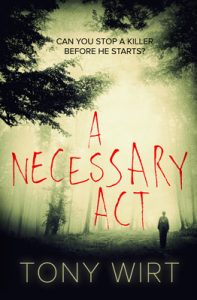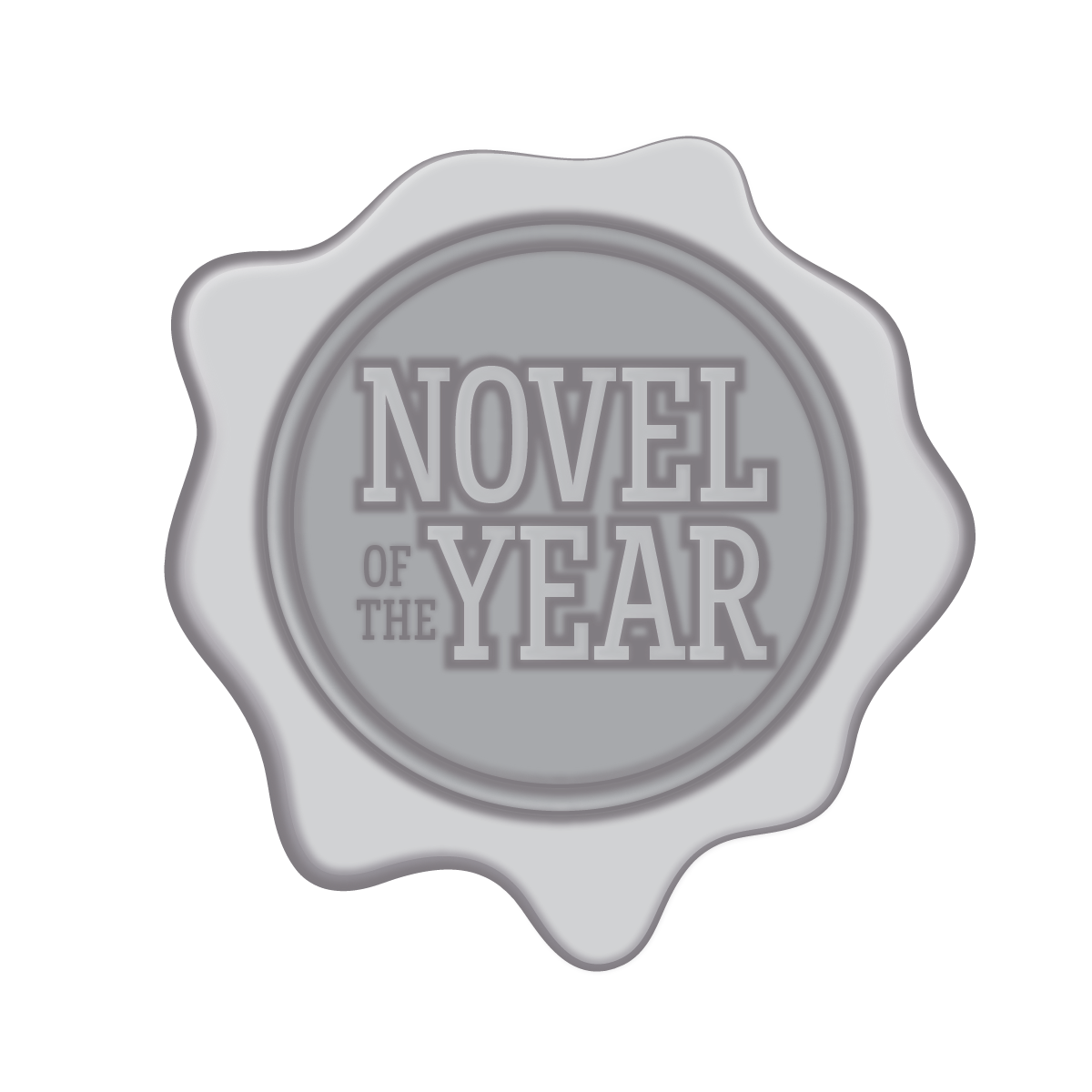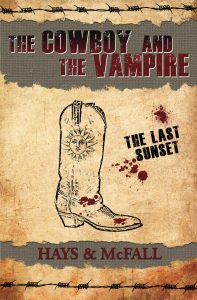The Rundown
The Recommendation
The Rating
The Links
The Reviewer
Steve Wetherell
Visit Steve Wetherell‘s website.You know when you’re on a night out and you wave your hands and bequeath that for the sake of good times and sanity can we all please stop talking politics? And there’s one guy or girl who sniffs and says “Well, when you get right down to it, isn’t everything political?” And you roll your eyes, because you’re reminded that somebody can be one hundred percent correct and still be wrong, which is a difficult point to argue while you’re trying to store margaritas in your cheeks like a huge, decadent hamster.
Anyway, that’s how I feel about message fiction. What is message fiction? Well, it's fiction that’s clearly trying to push a political agenda on a reader. Think Animal Farm, or Atlas Shrugged - books that are far more known for their political connotations than for their actual story (I believe one of them concerns animals that live on a farm, but I can’t be sure.) Are these bad books? No, because they didn't let the message override the fiction.
There are more subtle candidates, too. Lord of the Rings, for example, is often interpreted as a rumination on global warfare, industrialisation and the loss of innocence, even if the book is mostly just little people doing a butt load of hiking. But the list goes on — the more you analyse something, the more you’ll find its message.
I believe that, to a certain extent, all fiction is message fiction - because everything’s political, maaan. But there’s a difference between a message and a lecture, and nobody’s obligated to tolerate the latter. A book can make you think, but it can also tell you what to think, and nobody likes that.
Don’t get me wrong — I love talking politics. I like hearing different points of view and trying to find common ground, but there comes a time when you’re trapped in the smoking area with a Lizard People conspiracy theorist when you think, “this is not for me.”
(Because I’m secretly a lizard man? You’ll never know, reader. Not until it’s too late.)
Chances are, most of my fellow readers and writers aren’t doing either activity because they have an axe to grind, but you’ll always be subconsciously pushing for some kind of resolution that reflects your beliefs. So if you don’t eat meat and the subtext of the book you’re reading is that we should eat vegetarians to teach them a lesson about the circle of life, there’s a chance you might put that book down because it's not for you. And that’s fine. People’s minds are rarely changed or shaped by aggressive challenges.
Subtext is called subtext for a reason, and a good political argument in your novel should be like stepping on a Lego in the dark — an exploration that leads to unexpected revelation. So, if your space opera is one giant metaphor for the consequences of colonialism, fine. But if that message is coming at me without a delicious sugar coating of plot, the chances are that I won’t swallow your bitter pill. This is my leisure time, after all, and if I was purely looking to be informed I’d read the news, not Space Werewolves of the Planet Sex.
Am I asking you to be less political? God no. I’ve said it before and I’ll say it again: your experience is what makes you the writer you are. You have to be you. It’s your name on the book, after all. What I am asking you to do is be subtle about it.
You’ve probably ran into this yourself, not just with indie authors but with pros, where a character suddenly and awkwardly becomes a mouthpiece for the politics of the author. Or worse, a cheap caricature of those who oppose the author’s politics. It’s a clumsy way to explore ideas and it sticks out like a sore thumb. Pretty soon you’ve got preachy prose and two-dimensional characters. Clever satire becomes bitter sarcasm. The warm handshake of wit becomes the finger wag of admonishment. Worst of all, it’s a one way ticket to a derailed plot.
Now, you’re probably thinking “This is all well and good for you to say, Steve, but aren’t you using this article as a soap box to preach right this minute, you big hypocritical lizard man?”
Well… yes. And I feel I probably misled you with the title. Hurts, doesn’t it? However, preachiness is something I’ve also been guilty of in novel writing, and I’m writing this article as much for me as I am for you, the fellow indie writer.
As a comedy writer there’s always a temptation to take a jab at the stuff that irks you in real life. Luckily, comedy in fiction comes with its own set of brakes — if it ain’t funny, it don’t matter. No doubt whatever genre you’re writing in has its own set of brakes. Is this true to the world I’m building? Is this true to the character's personality? Is this conducive to the plot? When you get right down to it, are sexy space werewolves an appropriate metaphor for European imperialists?
I find these brakes a handy way to keep my politics in perspective, which lets my characters off the hook to say and do things that are as true to their nature as much as my own. And that’s important, as I find this creates a peculiar kind of honesty, wherein an author’s uncertainties are telegraphed just as much as their pre-conceived notions. Characters become more organic, more true. The message, whatever message there may be, is the one in your heart, and not necessarily the one you clatter out on Facebook and YouTube comments.
So, by all means, make your fiction political. But if you’re not in a position where your characters are challenging your own preconceptions, then don’t expect them to challenge the preconceptions of others.










